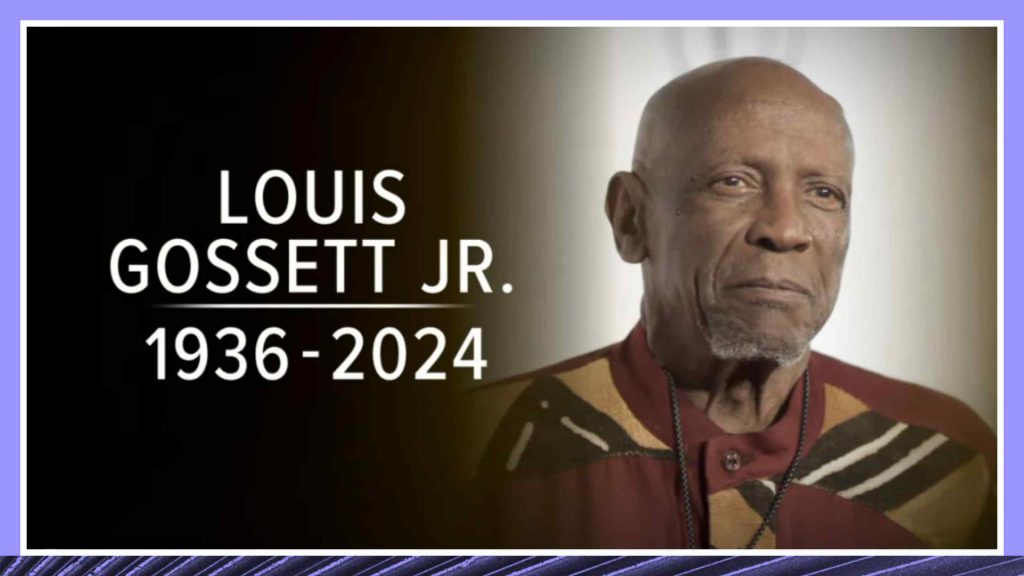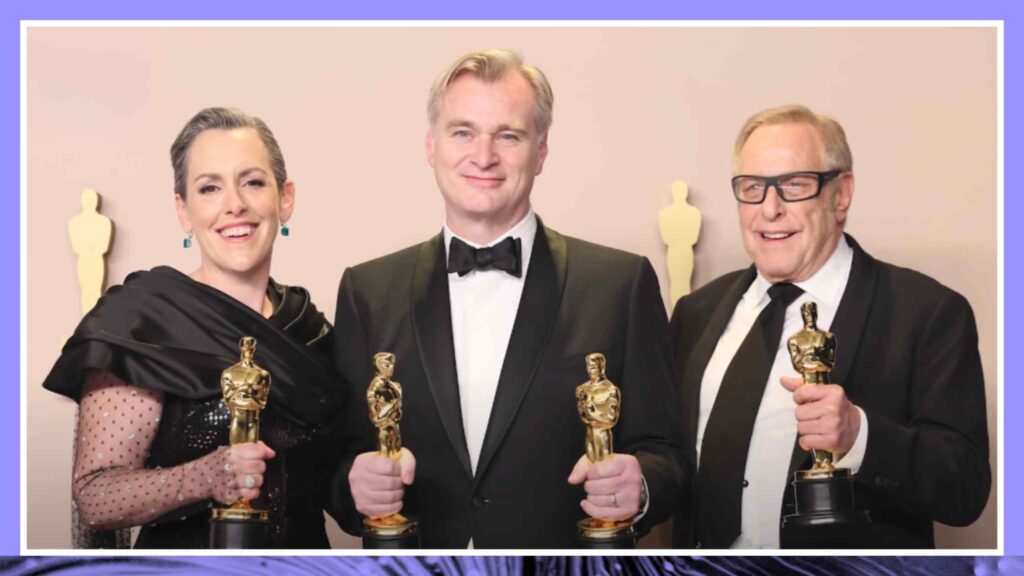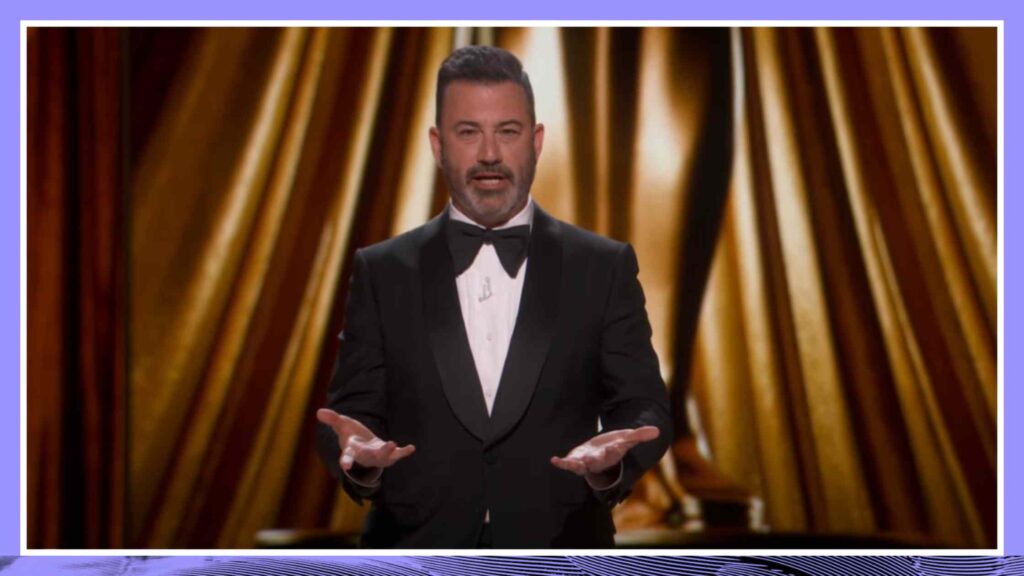Jan 2, 2024
Amazon’s Ad Move Will Shake Up the Streaming Wars

Amazon Prime Video is moving ahead with plans to introduce advertisements to its content unless users pay an additional fee. Read the transcript here.
Tyler Mathisen (00:00):
Joining us now is our friend Janice Min, CEO and Editor-in-Chief at The Ankler. Janice, always great to see you.
(00:06)
It does seem to me that right now, if I do say so, the legacy media companies are getting their asses kicked by Netflix … To use the colloquialism. I’m in a cranky mood. To use a colloquialism, by Netflix, Amazon, and Apple. Am I wrong or right? And Hulu, I guess a little bit.
Janice Min (00:30):
Tyler, nice to see you. Unfortunately, you are right. It was really the tale of two economies this year and the legacy studios, those CEOs, they have run out of moves to make. And you’ve seen that all come crashing to this horrible end at the end of 2023, where in particular Shari Redstone, Bob Bakish at Paramount Global, are flailing around, possibly merging with another company that is flailing around, Warner Bros. Discovery, trying to make one plus one equals three. I’m not sure a lot of people agree with that. But all these companies … Mm-hmm?
Tyler Mathisen (01:12):
You see some streaming services that seem to be really dominant and efficient and effective. Netflix among them, Amazon, clearly with Thursday Night Football, has helped legitimize it, helped people find it. But then I look at Paramount Plus.
Janice Min (01:31):
Yeah.
Tyler Mathisen (01:31):
I don’t sense a lot of traction there watching the UEFA League. Max at Warner Bros. Discovery seems to me to be a step backward from calling things HBO, where they had an established brand. I speak gingerly, gingerly about the home team’s product Peacock.
Janice Min (01:50):
Well, Tyler, you could add all the subscribers of all those services together and you would barely be the thumbnail of Netflix’s subscriber base. And I think that whole Glee, I guess schadenfreude the town felt around 2022 when Netflix had the great correction, they thought this was a moment for them to strike. The fact is Netflix won. They are too big to fail. They don’t have … The most important thing is they don’t have the albatross hanging around their neck of legacy businesses. They don’t have a cable TV business, they don’t have a broadcast channel. These are the things, even though we talk about streaming, streaming, streaming, these legacy businesses account for these companies, these studios about 30 to 40% of their revenue still, and it is sinking, and therefore you are seeing the stocks respond to that.
Kelly Evans (02:44):
Can you both remind me when you watch Thursday Night Football, does it currently have ads or no?
Tyler Mathisen (02:48):
Yes.
Janice Min (02:50):
Absolutely.
Kelly Evans (02:50):
It does. So Janice, here’s the kind of oddly infuriating thing. So consumers balked at linear cable … You know where I’m going with this. Because-
Janice Min (03:00):
I know exactly where you’re going.
Kelly Evans (03:01):
Because of the ads. So we invented the DVR and all of that so that we could skip them. Then we invented streaming for a better ad-free experience. Then my big innovation was I get Amazon’s innovative Prime thing where I can’t fast-forward, rewind, or DVR anything, and with commercials. What is the innovation here?
Janice Min (03:20):
Well, Kelly, the innovation might be that you’ll be on hold for forty-five minutes with Time Warner Table begging for that package to come back.
Kelly Evans (03:28):
There’s no one who I can talk to at Amazon either about that.
Janice Min (03:31):
You can talk to a chatbot, I believe, who might direct you to a link that doesn’t quite work. But this is, to me, the end of 2023. It’s the final referendum on the streaming economy. With Amazon’s move into advertising, and by the way, this is going to be the monster of streaming advertising. It’s going to be second to YouTube in scale. It’s going to drive prices down for Netflix, for HBO Max or Max, Peacock, all these places that were dabbling, moonlighting in advertising on streaming. This will crush them, and it’s widely believed the prices will go down. But this is the referendum that has declared we spent too much, it didn’t work, the costs of scripted programming are too high. We are going to do less. We’re going to try to get more return on investment, and if you want more programming you’re going to have to now sit through ads just like you did way back when in 2010.
Kelly Evans (04:28):
Although you would argue the innovation is they at least are offering me, the consumer … And we pay for YouTube without ads, and at least Amazon will give you that option. And Tyler, you wonder in retrospect if it should have been, okay, instead of the DVR or alongside with it, you could pay for ad-free linear cable and that maybe consumers would’ve done that, but it doesn’t matter now. Past is past.
Tyler Mathisen (04:48):
We had Rich Greenfield on Fast Money the other night, and he basically threw a big hand grenade into the legacy media companies. It’s game, set, and match. It’s over, man.
Janice Min (05:01):
I hate to say it because I know so many people who work there, but it is over. The days are numbered. And what we’re looking at if not next year, but certainly in the coming years, it will be a town that will be consolidated, an industry consolidated probably into three, at the most, five players.
Transcribe Your Own Content
Try Rev and save time transcribing, captioning, and subtitling.



